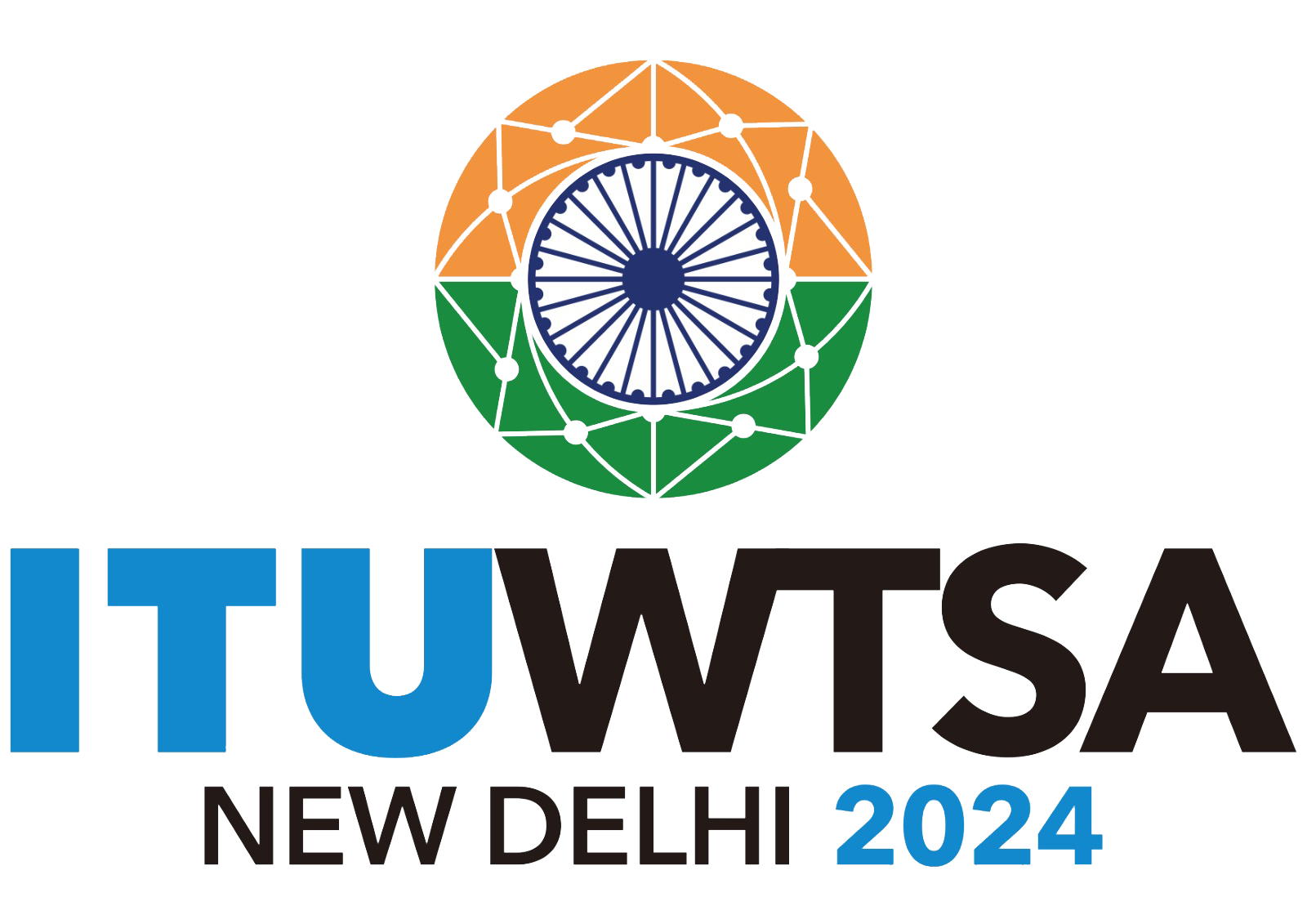Coronavirus disease 2019 (COVID-19) is a contagious respiratory and vascular disease. It is caused by becoming infected with severe acute respiratory syndrome coronavirus 2 (SARS-CoV-2), which is a specific type of coronavirus. Common symptoms include fever, cough, fatigue, shortness of breath or breathing difficulties, and loss of smell and taste. The incubation period, which is the time between becoming infected with the virus and showing symptoms, may range from one to fourteen days. While most people have mild symptoms, some people develop acute respiratory distress syndrome (ARDS) possibly precipitated by cytokine storm, multi-organ failure, septic shock, and blood clots. Longer-term damage to organs has been observed, and there is concern about a significant number of patients who have recovered from the acute phase of the disease but continue to experience a range of effects—including severe fatigue, memory loss and other cognitive issues, low grade fever, muscle weakness, breathlessness, and other symptoms—for months afterwards. COVID-19 spreads most often when people are physically close. It spreads very easily and sustainably through the air, primarily via small droplets or aerosols, as an infected person breathes, coughs, sneezes, sings, or talks. It may also be transmitted via contaminated surfaces, although this has not been conclusively demonstrated. Airborne transmission from aerosol formation is suspected to be the main mode of transmission. It can spread from an infected person for up to two days before they display symptoms, and from people who are asymptomatic. People remain infectious for seven to twelve days in moderate cases, and up to two weeks in severe cases. The standard method of diagnosis is by real-time reverse transcription polymerase chain reaction (rRT-PCR) from a nasopharyngeal swab. Recommended measures to prevent infection include frequent social distancing, quarantine, covering coughs and sneezes, hand washing, and keeping unwashed hands away from the face. The use of face masks or cloth face coverings has been recommended by health officials in public settings to minimize the risk of transmissions, with some authorities requiring their use in certain settings, such as on public transport and in shops. There are no proven vaccines or specific treatments for COVID-19 yet, though several are in development. Management involves the treatment of symptoms, supportive care, isolation, and experimental measures. The World Health Organization (WHO) declared the COVID-19 outbreak a pandemic on 11 March 2020.
Close Menu
HomeMSUM
About Us
State Institute for Transformation
MDoNER
State Plan (Planning Comm)
State Development Policies
New Economic Development Policy
Socio-Economic Development Policy
Bana Kaih (Handholding) Scheme
Gazetted NotificationBookletProgress Partner PuituConcept Note FormatOM on Support to Implementing Deptts under Component 2 of Bana Kaih SchemeNotification on Guidelines for Handholding Support to Progress Partners under Component 1 of Bana Kaih SchemeOM on Sustainable Development through Cluster Approach under Component 3 of Bana Kaih SchemeInstructions regarding release of fund to Implementing Departments
District Planning
Publications
North East Vision 2020Mizoram Vision 2030Performance BudgetWorks ProgrammeBest PracticesGolden Jubilee Souvenir
Economic Survey
Entrepreneurship Development
Coordination
Misc. Guidelines
RTI
Government of Mizoram
Page Links: https://planning.mizoram.gov.in/page/coronavirus-disease-2019p
- Home
- Pages
Testing Page Mh
Page Created On: 25th Mar 21 2:05 PM
Updated On: 25th Mar 21, 2:16 PM
Updated On: 25th Mar 21, 2:16 PM
News
Events
OM / Notifications
Circular & Orders
Press Release
Notice Board
Citizen Charter
Public Grievance
SITE STATISTICS SINCE 2017
Total Visitors
6,095
Total Pageviews
15,506
Powered By Google Analytics
ARCHIVES
Department Updates Title
- Obligation for posing project proposal and execution of project
- QPR FORMAT
- Offer by NEDFi for providing Advisory & Consulting Supports to State Government
- Appointment of Nodal Officer for PMJVK
- Cancellation of attachment order in respect of Officers under Planning & Programme Implementation Department

















